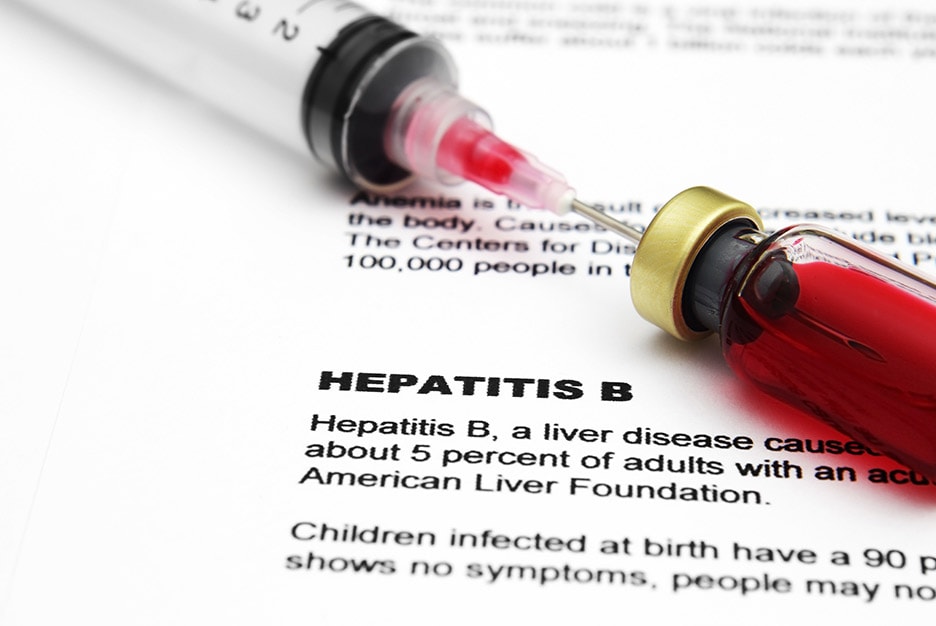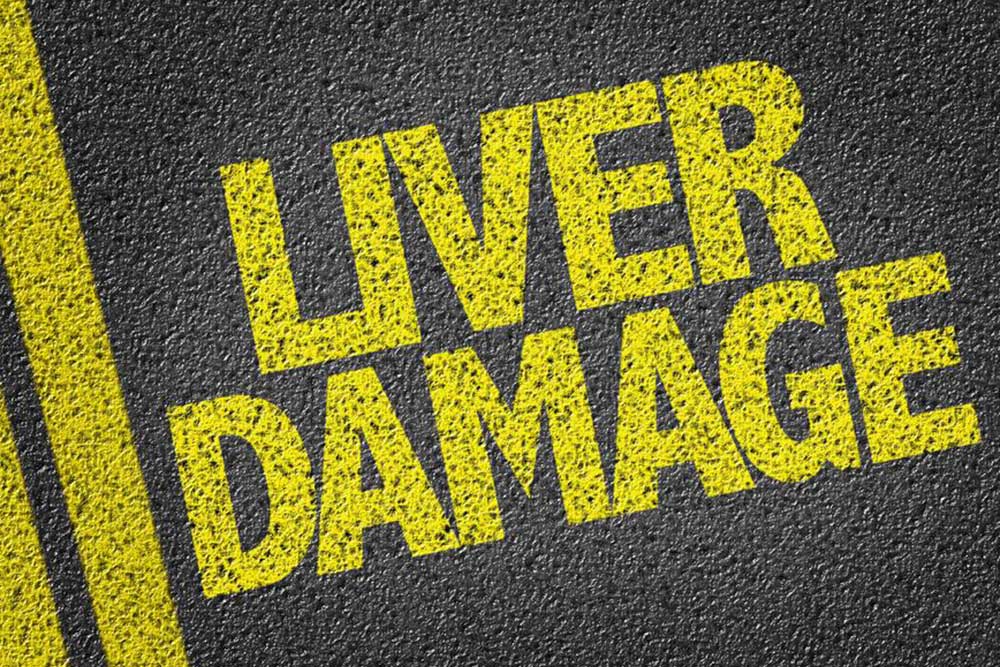Comprehensive Guide to Recognizing and Managing Early Liver Health Indicators
This comprehensive article explores early signs of liver health concerns, causes, symptoms, diagnosis, treatment, and prevention strategies. It aims to educate readers on recognizing symptoms early and maintaining optimal liver health through lifestyle choices and medical intervention. Timely action can prevent serious liver conditions like cirrhosis or liver failure, emphasizing the importance of awareness and regular checkups.

Identifying Early Signs and Taking Preventive Measures for Liver Health
The liver is a vital organ situated beneath your right rib cage, playing crucial roles in digestion, detoxification, and metabolic regulation. Given its importance, maintaining liver health is essential for overall well-being. Early detection of liver issues can prevent severe complications, making awareness of initial symptoms vital. Recognizing signs such as jaundice, swelling, fatigue, or digestive disturbances allows individuals to seek prompt medical attention. Regular health checkups and lifestyle modifications can significantly enhance liver function and prevent long-term damage.
Common Causes of Liver Damage
Understanding what jeopardizes liver health can help in taking preventive steps. Several factors can impair liver function, including:
Viral infections such as hepatitis A, B, and C, which are among the most prevalent causes of liver inflammation and long-term damage.
Autoimmune diseases, wherein the body's immune system mistakenly attacks liver tissues, leading to conditions like autoimmune hepatitis or cirrhosis.
Genetic disorders that cause harmful substance buildup in the liver, affecting its ability to function properly.
Prolonged exposure to toxins and chemicals, often from environmental or occupational sources.
Excessive alcohol intake, which remains a leading contributor to liver cirrhosis and alcoholic hepatitis.
Lifestyle-related factors, such as poor diet and obesity, which can lead to fatty liver disease.
Recognizing Early Symptoms of Liver Damage
Awareness of the initial signs of liver problems is essential for timely intervention. Individuals should be vigilant about symptoms such as:
Yellowing of the skin and eyes, known as jaundice, indicating potential liver dysfunction.
Persistent abdominal pain, swelling, or discomfort, often associated with liver inflammation or fluid accumulation.
Swelling in the ankles, legs, or abdomen caused by fluid retention.
Dark urine, which can suggest bile duct blockage or liver dysfunction.
Unusual itching sensations, often linked to bile salt buildup.
Sudden loss of appetite or unexplained weight loss.
Easy bruising and bleeding tendencies due to impaired clotting factors.
Nausea, vomiting, or unexplained gastrointestinal discomfort.
Presence of blood in stool or pale-colored stool, indicating possible bleeding or bile flow issues.
Chronic fatigue and low energy levels, often a subtle sign of liver stress.
Diagnostic Procedures for Liver Health Assessment
Proper diagnosis is critical for effective treatment. Healthcare providers typically employ a combination of diagnostic tools, including:
Detailed physical examinations and a thorough medical history review to identify risk factors.
Blood tests, such as liver function tests (LFTs), to assess enzyme levels and detect inflammation or damage.
Imaging studies like MRI, ultrasound, or CT scans to visualize liver structure and detect abnormalities like tumors, cysts, or cirrhosis.
Biopsy procedures where liver tissue is sampled for microscopic analysis, providing definitive information on the extent of damage and the presence of specific diseases.
Effective Treatment Strategies for Liver Damage
Based on the severity and underlying cause, treatment options can vary significantly. Approaches include:
Lifestyle modifications such as adopting a balanced diet rich in antioxidants, reducing fat intake, and avoiding alcohol.
Medications are prescribed to manage inflammation, viral infections, or autoimmune responses.
Advanced cases may require procedures like liver detoxification therapies, surgical interventions, or even liver transplantation when damage is extensive.
Strategies to Prevent Liver Disease
Prevention is always better than cure. Simple lifestyle and behavioral changes can greatly reduce the risk of liver problems, including:
Limiting alcohol consumption or abstaining entirely.
Getting vaccinated against hepatitis A and B viruses.
Using protective gear and following safety protocols when handling chemicals or toxins.
Maintaining a healthy weight through regular exercise and a nutritious diet to prevent fatty liver disease.
Using medications responsibly under healthcare supervision and avoiding self-medication.
These proactive measures, combined with early detection and treatment, can help preserve liver health and prevent severe complications, ultimately ensuring a better quality of life and longevity.




